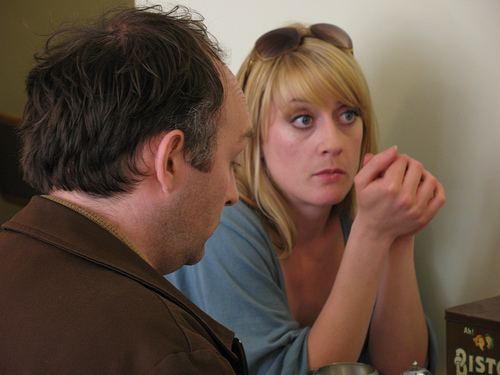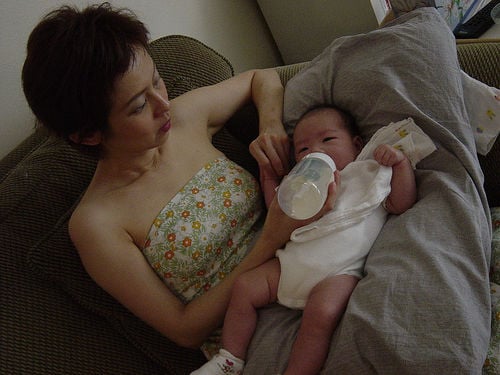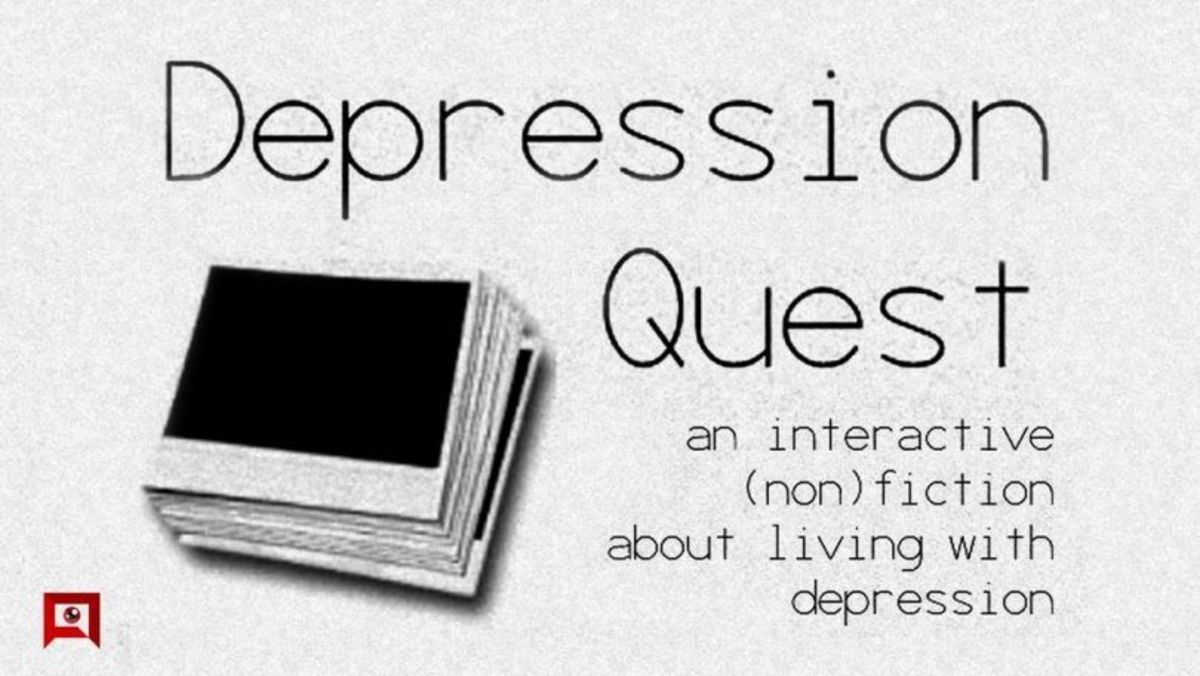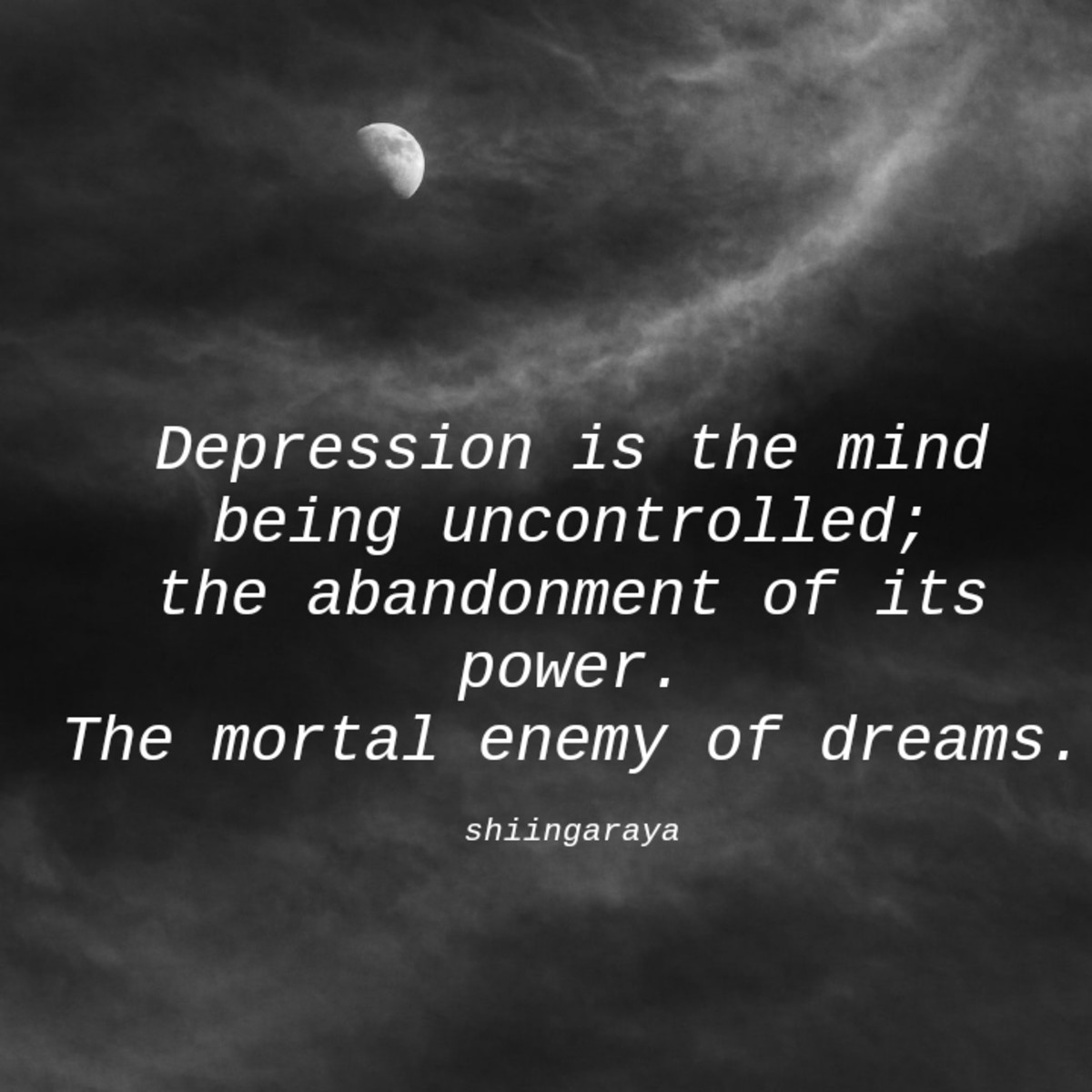How to Tell if Your Spouse is Depressed
Most people use the term ‘depressed’ loosely for a period of time when they feel a bit low or sad but true depression can be another matter entirely. We can all feel some sadness from time to time, either by reaction or seemingly for little or no reason, but often the sadness passes quickly, sometimes after only days and we move on. We can perhaps say that these quite typical spells in life are a form of very mild depression but they are so often transient and do not develop further.Anxiety and depression often go hand in hand to a degree and it is not unusual for someone who has an anxiety disorder to also have some depression.
Depression is often associated with forms of mental illness and even classed as one by professionals but depression can happen to anyone and at any time. Everyone handles life and life’s traumatic events differently and in their own personal way. What may be depressing for one person may seem somewhat trivial to another. When depression reaches a moderate or severe level, intervention and support is crucial to recovery. Would you know if your nearest and dearest had depression?

In a marriage or partnership we are often so busy at work, looking after children or catching up on our own activities that we may miss some of the clues when a spouse is depressed. When something obvious has happened such as the loss of a family member, longstanding ill health or being made redundant from work, we may naturally be more vigilant and pick up on the depressed mood of our partner quickly. When there hasn’t been a traumatic event we tend to assume everything is ok. Sometimes our spouse may not want us to know how bad they are feeling and will do their best to cover things up but there are still some telltale common signs that can alert us to their depression.
Common signs of Depression.
- More tired than usual even when the person seems to sleep more.
- Insomnia, waking earlier than usual or finding it difficult to fall asleep.
- Dreaming more than usual, especially disturbing dreams.
- Loss of interest in usual activities.
- Irritable, less patient than usual, getting angry more easily.
- Disinterested in sex.
- A smaller appetite or eating much more than usual.
- Increased anxiety.
- Complaining of aches and pains.
- Self doubt or finding fault with other people.
- Defensive
- Quieter than usual, subdued.
- Watching less television or in some cases watching much more ( escapism).
There may of course be reasons other than depression for some of these common symptoms, so you may have to probe a little to be sure that depression is the cause.
Why Might my Spouse Be Depressed?
Midlife Crisis and Depression:
This is often considered to be a ‘male thing’ but the middle years for both men and women can be a very unsettling time in life. Not everyone gets depressed in midlife but it isn’t uncommon either.
- Children have grown up and flown the nest.
- Parents may be very ill and need much support or may be deceased.
- Marriage can feel very stale and unexciting, boredom sets in.
- We may become unhappy with our aging appearance.
- Retirement can be a severe blow.
- We may begin to wonder just what is left for us.
Be aware that at this time of life, your spouse may be open to becoming depressed.

Hormones and Depression:
You now recognise some of the common signs that he or she could have depression. It may be common knowledge to a husband that his wife has mood swings every month within her menstrual cycle, but if he looks a bit deeper she may also be suffering from depression for a short spell every month. This is known as Premenstrual Dysphoric Disorder. No doubt most men know of Post Natal Depression, the kind that can happen after the birth of a baby. This is not the baby blues but something much more severe and warranting attention. The above signs of depression are the same for this condition and usually happen in the first few months after baby’s birth but can happen up to a year later. Hormone levels during and after childbirth, during menstruation and the menopause can all cause depression.
Dysthmia:
Your spouse may appear to have a constant low mood and yet it seems he or she is managing fine. This type of depression is more common than you perhaps think. Some of the symptoms are exactly the same as for other depression but the person manages to struggle through and maintain what appears to be their normal lifestyle. You might have to be the greatest of detectives to tell if your spouse is suffering from dysthmia.
How Should You Approach a Spouse With Suspected Depression?
It is not a very good idea to charge in with a lot of questions when ascertaining if your spouse is depressed. Tread slowly and carefully. Some may see depression as weakness or that they are failing in some way. They may not take kindly in having to admit that they are depressed.
Women tend to be more open to talk emotionally but men may find it a little more difficult. Use a gentle tone and non accusatory when trying to establish if depression is the cause for the things you are noticing. Some may be relieved that you have noticed and want to open up to you readily. The more you can persuade them that you care and are there to support them, the more likely it will be that they will share their feelings, or in some cases lack of them as depression can also make a person feel numb. If you are met with a stony face that clearly wants to be left alone then you must respect that too.
We know when there are often obvious reasons for a reactionary form of depression and these tend to be easier to evaluate. When the cause is removed or addressed the depression has a habit of clearing up on its own and this can sometimes even be treated without medication. Severe clinical depression however will need prompt treatment from a professional. Such depression can almost paralyze a person and make seeking help a near impossibility. Although it is a person’s right to refuse to see a doctor, if you are sure your spouse is severely depressed, suggest going with them to a consultation. Offer lots of understanding, reassurance and practical help to get them through this difficult time.










